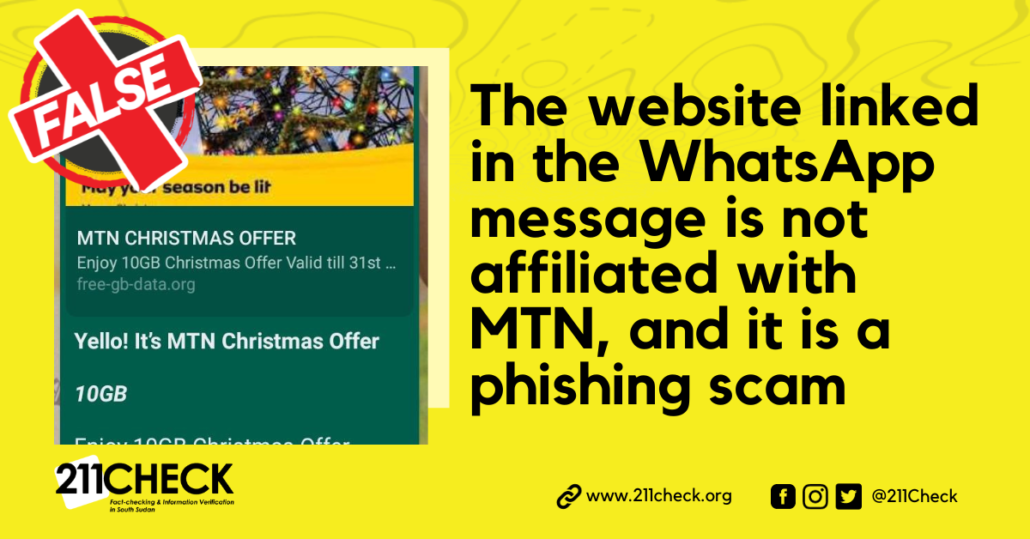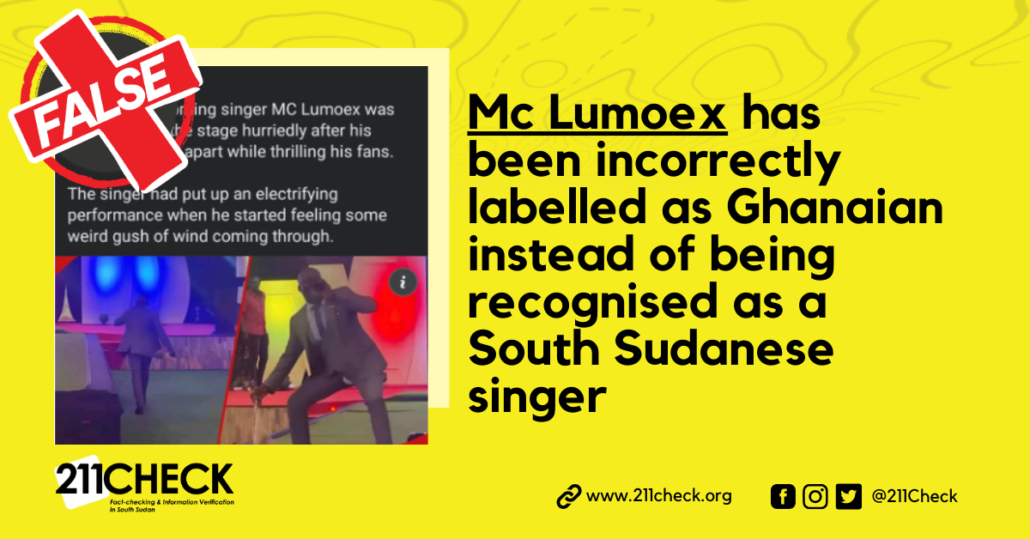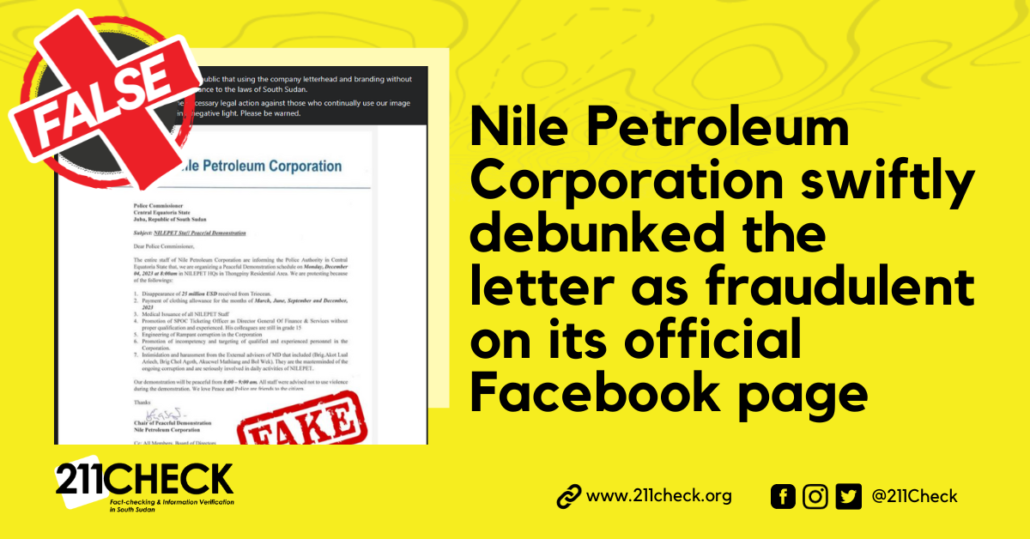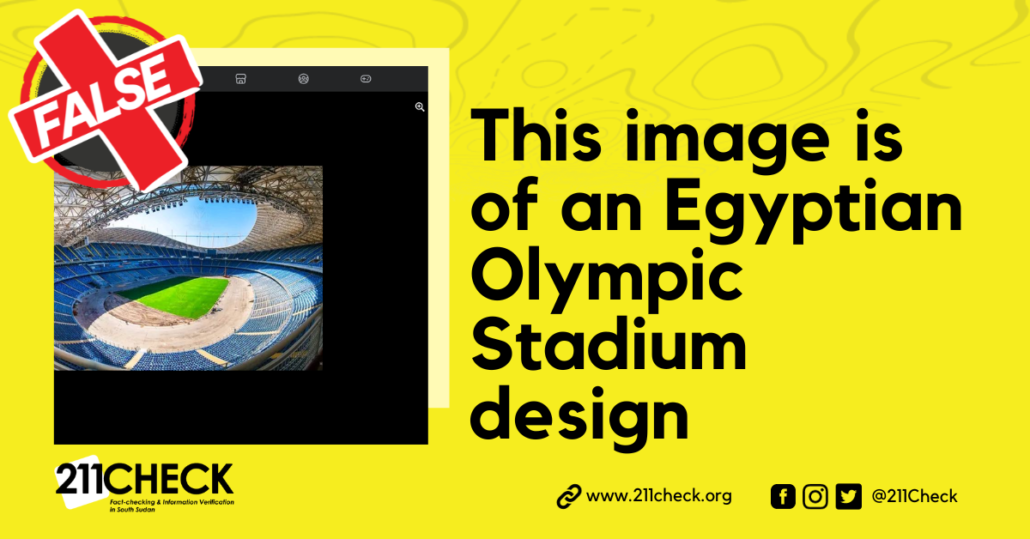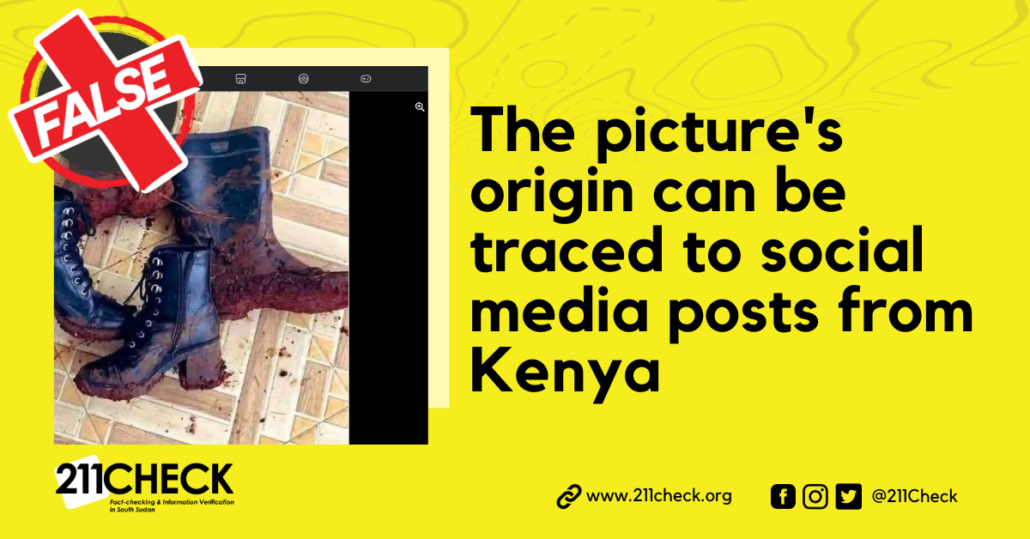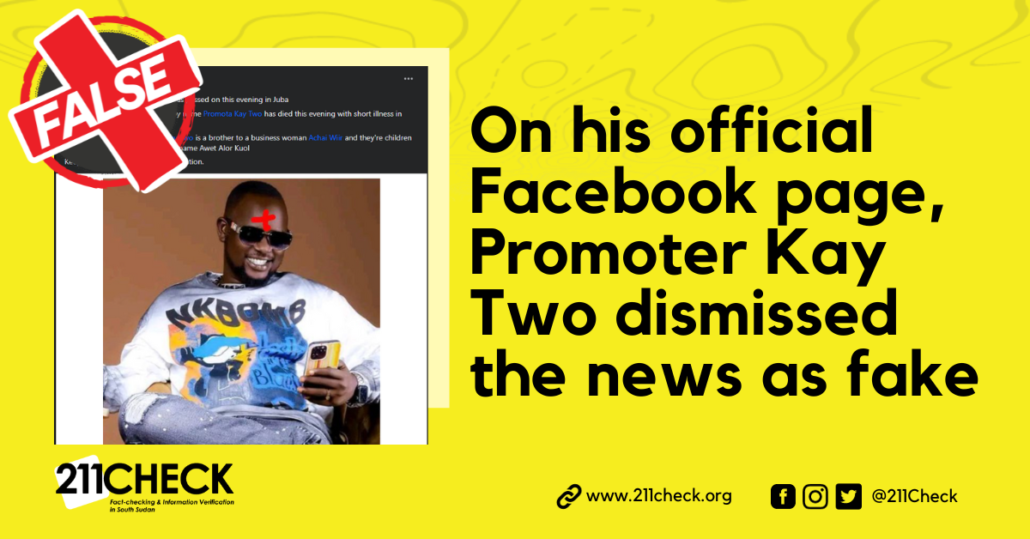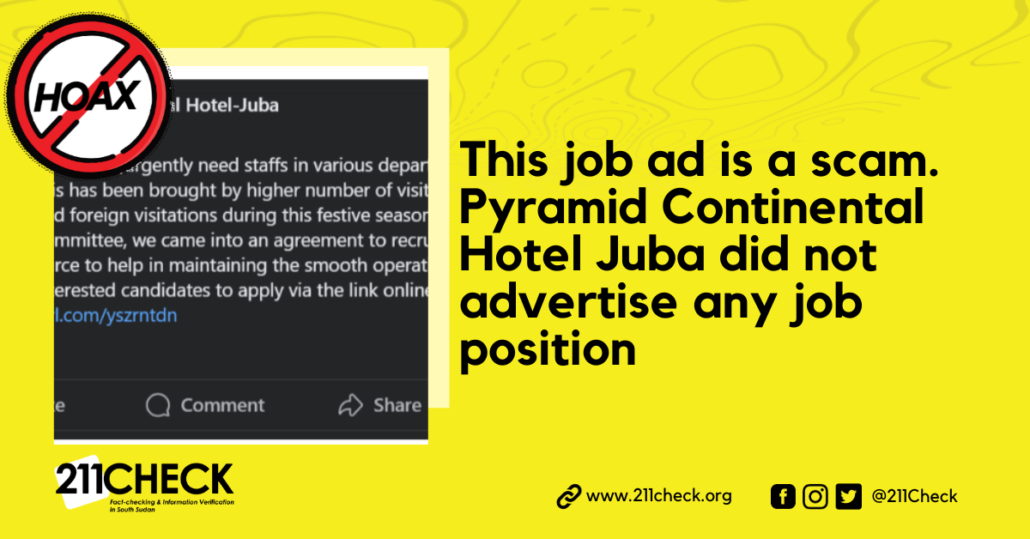Fact-check: MTN South Sudan isn’t offering a free 10GB Christmas offer?
A WhatsApp message claiming that MTN South Sudan is offering a 10 GB free Christmas gift is a hoax.
Writer: Makur Majeng
A message circulating on WhatsApp that claims MTN is offering a 10GB Christmas gift to its customers is a hoax.
“Yello! It’s MTN Christmas Offer. 10GB. Enjoy 10GB Christmas Offer Valid till 31st December,” the WhatsApp message says.
The screenshot of the claim on WhatsApp
When you click the link in the message, you are directed to a one-page website titled “MTN 10GB CHRISTMAS OFFER.”
The website prompts users to click a “CLAIM 10GB” button, which then asks for the user’s phone number.
Regardless of how many times you click, the website informs you that your MTN number is eligible to receive the 10GB Christmas offer.
The screenshot of its web pages
The website then provides instructions to claim the 10GB offer, including sending a message to 12 WhatsApp groups, selecting your phone type, and completing other tasks. However, upon completing these tasks, users are redirected to a different website that provides no information about the MTN Christmas offer.
Claim Verification:
A Google keyword search for the MTN Christmas offer of 10GB yields no official results or information from MTN.
MTN South Sudan, which usually announces such offers through its official social media channels, did not put up such an offer.
211 Check investigation into the URL on Virus Total identified the website as phishing, malicious, and containing malware. This confirms the website’s intent to deceive and collect personal information from users under false pretences.
Conclusion:
211 Check has found the claim that MTN is offering a 10GB Christmas gift false. The website linked in the WhatsApp message is not affiliated with MTN, and it is a phishing scam designed to deceive users and collect personal information.
A publication under 211 Check’s ‘Fact-check for a pay’ Initiative with Support from the International Fact-checking Network through the BUILD grant.
To ensure accuracy and transparency, we at 211 Check welcome corrections from our readers. If you spot an error in this article, please request a correction using this form. Our team will review your request and make the necessary corrections immediately, if any.
It’s vital to fight misinformation and disinformation in the media by avoiding fake news. Don’t share content you’re uncertain about. False information can harm and mislead people, risking their lives—Fact-check before sharing. For more details, visit https://211check.org/ or message us on WhatsApp at +211 917 298 255. #FactsMatter

